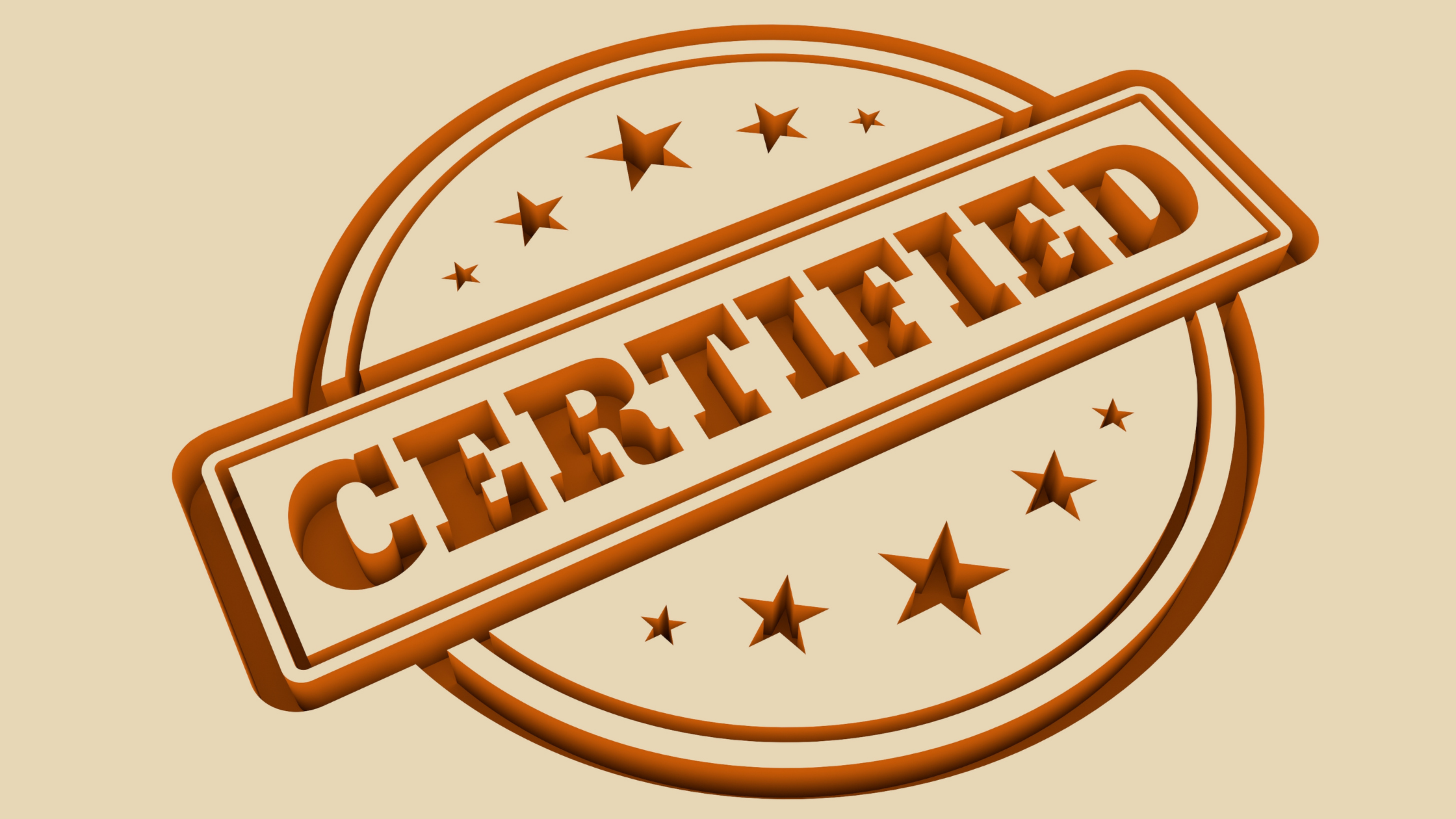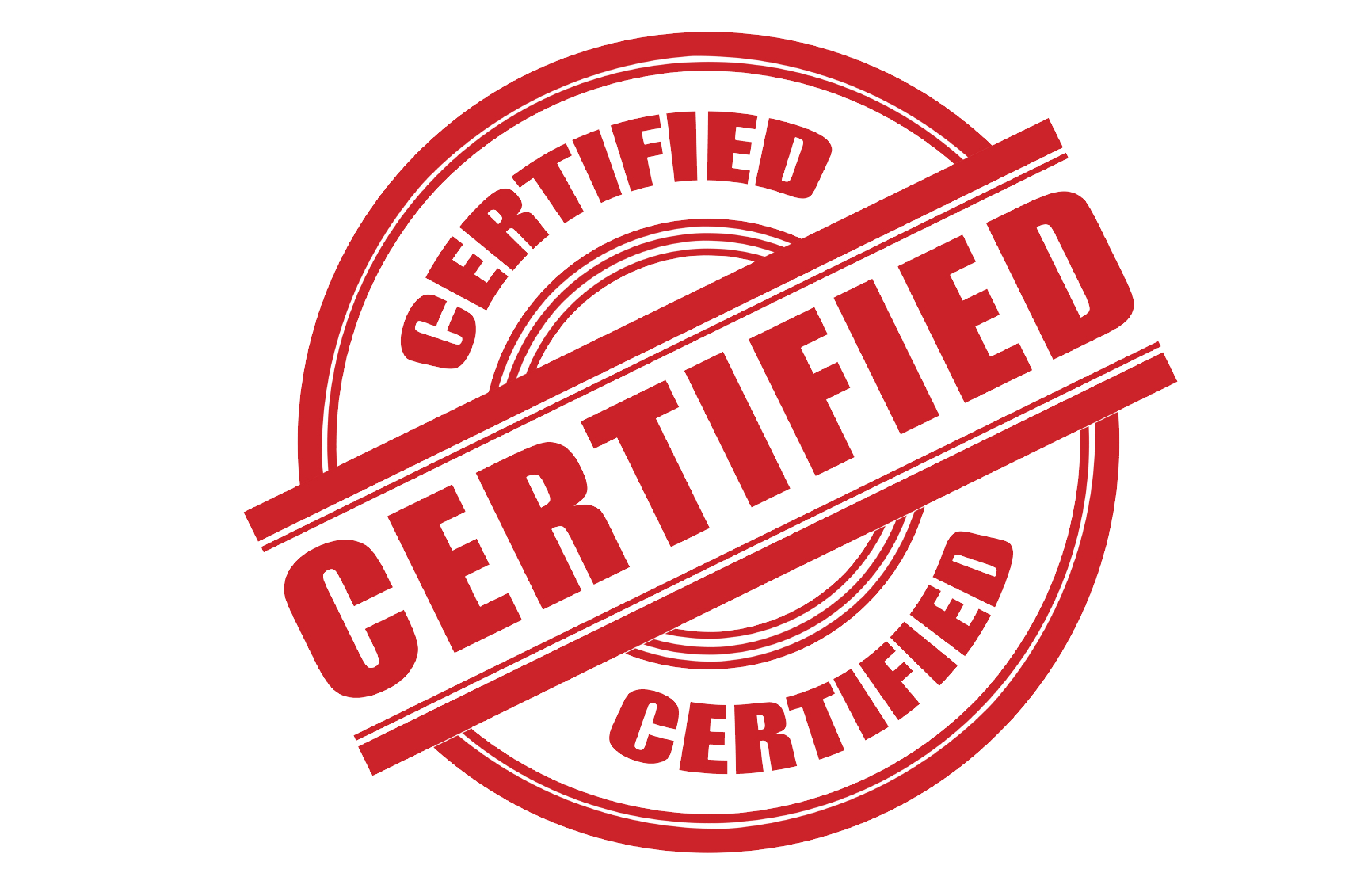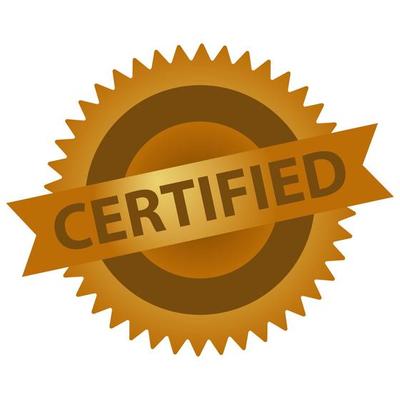Have you ever stopped to think about how much we rely on things just working, all the time? From your phone to the car you drive, or even the systems that handle your money, a lot of what we use daily needs to be incredibly steady. When something breaks down, it can cause a lot of trouble, and that's where someone very important steps in.
This kind of person helps make sure that products, processes, and systems keep going strong, without unexpected hiccups. They are, in a way, the guardians of smooth operation, making sure things stay reliable. You know, it's almost like they have a special knack for spotting potential problems before they even show up.
So, what exactly does it mean to be a certified reliability engineer, and why is this role becoming such a big deal in many different fields today? We're going to look closely at what this job involves, what it takes to get there, and how these individuals truly make a difference in keeping our world running with fewer bumps. It's really quite interesting, you see.
Table of Contents
- What is a Certified Reliability Engineer?
- The Path to Becoming a Certified Reliability Engineer
- Key Skills and Knowledge for a Certified Reliability Engineer
- The Benefits of Being a Certified Reliability Engineer
- Current Trends in Reliability Engineering
- How Certified Reliability Engineers Help Secure Operations
- Frequently Asked Questions About Certified Reliability Engineers
What is a Certified Reliability Engineer?
A certified reliability engineer is someone who has proven they have a deep understanding of the principles and practices related to product and system reliability. They usually work to make sure that things perform as they should, for as long as they are needed. It's about preventing things from breaking down too soon, or at all, if possible. They are, you know, quite focused on keeping things steady.
Their Daily Work
On a typical day, a certified reliability engineer might be looking at data to figure out why a machine keeps failing. They could be designing tests for new products to see how long they last under stress. Sometimes, they even help teams figure out better ways to build things so they don't break as often. It's a bit like being a detective for potential problems, really.
They also spend time thinking about how to make things last longer, or how to make sure a service is always available. For example, they might study how parts wear out or how software bugs cause issues. So, in some respects, their work is about making sure everything runs smoothly for a long time.
Why This Role Matters
This role matters a lot because breakdowns cost money and time. When a product fails, customers get upset, and businesses lose trust. A certified reliability engineer helps avoid these costly situations by building in dependability from the start. They essentially help companies save a lot of trouble and cash. That is, quite frankly, a big deal.
Their work also helps make products safer and more effective for everyone who uses them. Think about a car or a medical device; you want those to be very, very dependable. So, this kind of engineer plays a quiet but incredibly important part in our daily lives, making sure things are built to last and perform well. It's almost like they're the unsung heroes of things that just work.
The Path to Becoming a Certified Reliability Engineer
Becoming a certified reliability engineer isn't something that happens overnight. It usually takes a mix of education, real-world work, and specific study. It's a journey that builds up your skills over time, you see. You really have to put in the effort.
Educational Foundations
Most people who become certified reliability engineers have a degree in engineering or a related science field. This gives them a strong base in math, physics, and how systems work. They need to understand the fundamental ways things are put together and how they behave under different conditions. So, a good college background is pretty important, actually.
Sometimes, people come from other backgrounds, but they usually need to show they have a solid grasp of engineering principles. It's about having that core knowledge that lets you think about how things might fail and how to prevent it. That, you know, is the starting point for everything else.
Gaining Practical Work Time
After getting an education, gaining hands-on work time is key. You usually need several years of experience in a field where you've been dealing with reliability issues. This could be in manufacturing, quality control, or product development. It's where you apply what you've learned in school to real-world problems. You learn a lot by actually doing the work, apparently.
This practical experience helps you see how different factors affect how long something lasts and how well it performs. It also teaches you how to work with teams and communicate your findings. So, it's not just about technical smarts; it's about real-world problem-solving too. You know, it's pretty much a combination of things.
Preparing for the Exam
The certification itself comes from passing a tough exam, usually given by a recognized body like the American Society for Quality (ASQ). Preparing for this test means studying a wide range of topics, from statistical methods to risk management and maintenance strategies. It's a big test that covers a lot of ground, so you have to be really ready for it. You might find yourself hitting the books quite a bit.
Many people join study groups or take special courses to help them get ready. It's about making sure you understand all the different areas that a reliability engineer needs to know. Passing this exam shows that you truly have the knowledge and skills needed for the job. It's a big step, to be honest.
Key Skills and Knowledge for a Certified Reliability Engineer
A successful certified reliability engineer needs more than just book smarts. They need a particular set of skills to do their job well. These skills help them figure out problems and come up with good solutions. You see, it's about how you approach things.
Analytical Abilities
One of the most important skills is being able to look at information and see what it means. This means taking complex data, breaking it down, and finding patterns or causes of issues. They need to be able to spot small clues that might point to a bigger problem. So, a good engineer is very good at looking closely at things, you know.
They use various tools and methods to analyze how things perform and where they might go wrong. This kind of thinking helps them make informed decisions about how to improve reliability. It's a bit like solving a puzzle, really, where each piece of data gives you a hint.
Problem-Solving Ways
When something breaks, a certified reliability engineer needs to figure out why and how to fix it, not just for now, but for the future. They come up with clever ways to prevent the same problem from happening again. This often means thinking outside the box and trying new approaches. They are, you know, quite resourceful when it comes to fixing things.
They might work with different teams to put their solutions into practice, making sure everyone understands the changes. It's about finding the root cause of an issue and then building a lasting solution. So, in some respects, they are like the ultimate fixers.
Understanding Statistics
Reliability engineering relies heavily on numbers and data. So, having a good grasp of statistics is really important. This helps them predict how long something will last, how likely it is to fail, and how effective different improvements might be. It's how they make educated guesses about the future performance of a system. They pretty much live by the numbers.
They use statistical tools to analyze test results, track performance over time, and measure the impact of their work. This knowledge allows them to make strong arguments for changes and show the value of their efforts. You know, it's all about making decisions based on solid information.
The Benefits of Being a Certified Reliability Engineer
Getting certified as a reliability engineer brings a lot of good things for your career and for the organizations you work with. It shows a certain level of commitment and skill that many employers look for. It's a good step for anyone wanting to grow in this area, you know.
Career Growth
Having the certified reliability engineer title can open up many doors for career growth. It shows you have a specialized skill set that is in demand across many different industries. This can lead to higher-level positions, more responsibility, and often, better pay. It really helps you move up, apparently.
People with this certification are often seen as leaders in their field, capable of tackling complex problems. This can lead to opportunities to work on exciting new projects or even to consult for various companies. So, it's a very good thing for your professional path.
Industry Recognition
The certification gives you a recognized standing within the industry. It tells employers and colleagues that you meet a certain standard of knowledge and ability. This can build trust and respect for your work. You are, basically, seen as someone who really knows their stuff.
It also connects you to a network of other certified professionals, which can be great for learning and sharing ideas. This kind of recognition can make a big difference when you're looking for new roles or trying to advance in your current one. It's a way to stand out, you see.
Helping Organizations
Certified reliability engineers are incredibly valuable to businesses. They help companies avoid costly failures, improve product quality, and make operations more efficient. This directly affects a company's bottom line and its reputation. They truly help businesses succeed, you know.
By making systems more dependable, they help organizations deliver better products and services to their customers. This leads to happier customers and stronger business results. So, their work has a very real and positive impact on the health of a company. It's pretty much a win-win situation.
Current Trends in Reliability Engineering
The field of reliability engineering is always changing, with new tools and ideas coming out all the time. Staying up-to-date with these trends is important for any certified reliability engineer. It's a field that doesn't stand still, you know.
Digital Tools
More and more, engineers are using advanced computer programs and digital tools to help with their work. These tools can analyze huge amounts of data, simulate how systems will perform, and even help design more reliable products. They make the work faster and more precise. So, using technology is very much a part of the job now.
These digital aids help engineers spot potential issues earlier and make better predictions about system life. They allow for more detailed analysis than ever before, which means more dependable outcomes. It's really quite amazing what these tools can do.
Predictive Maintenance
Instead of fixing things only when they break, or on a set schedule, there's a big move towards "predictive maintenance." This means using sensors and data to guess when a part might fail, so you can fix it just before it does. It's about being proactive rather than reactive. You know, it saves a lot of trouble.
This approach saves a lot of money by avoiding unexpected breakdowns and letting companies schedule repairs at the best time. It's a smart way to keep things running smoothly with less downtime. So, it's a very important area for reliability engineers to focus on, truly.
Data-Driven Decisions
With so much information available today, certified reliability engineers are increasingly making decisions based on solid data. They gather facts from various sources, analyze them, and then use those insights to guide their choices. It's about letting the numbers tell the story. They pretty much let the data lead the way.
This approach leads to more effective solutions and better long-term results. It moves reliability engineering from guesswork to a more scientific practice. So, understanding how to collect, interpret, and use data is a truly vital skill in this modern age. It's a big part of what they do, actually.
How Certified Reliability Engineers Help Secure Operations
The work of a certified reliability engineer has a direct impact on how secure and stable operations are for any business. They are, in a way, the silent protectors of smooth business flow. Their efforts help prevent a lot of headaches, you know.
Preventing System Failures
One of their main goals is to stop systems from failing unexpectedly. This means looking at designs, processes, and even human factors that could lead to a breakdown. They put plans in place to reduce the chances of things going wrong. So, they're always thinking about what could go wrong and how to stop it.
By identifying weak points and putting in safeguards, they help ensure that critical operations continue without interruption. This is especially important for services where even a short pause can have big consequences. It's very much about keeping everything running, all the time.
Improving Product Life
They also work to make products and systems last longer. This involves choosing the right materials, designing for durability, and setting up proper maintenance schedules. A longer-lasting product means happier customers and less waste. It's good for everyone, you see.
By extending the useful life of assets, they help companies get more value from their investments. This also reduces the need for frequent replacements, which saves resources and money. So, they are really good at making things go the distance.
Saving Money for Businesses
When systems are reliable, businesses save a lot of money. Fewer breakdowns mean less need for costly emergency repairs, less lost production time, and fewer warranty claims. A certified reliability engineer directly contributes to a company's financial health. They literally help companies keep more of their cash. That, you know, is a powerful contribution.
Consider, for instance, a service like Certified Payments, which handles sensitive transactions for government agencies across the United States. You know, their system must be incredibly dependable, offering swift payment acceptance at the counter, and it's almost a given that a certified reliability engineer helps keep such vital operations running smoothly. They make sure that the system can handle payments via credit card for various types of services and taxes without issues, avoiding frustrating time limits or delays for consumers and businesses. If, say, you have taken longer than 20 minutes to respond to a page during the payment process, that indicates a potential reliability issue with the user interface or system response, and a reliability engineer would be looking into why such delays happen. They help make sure that the Certified Payments STI interface website, and services like it, continue to offer a streamlined experience. This kind of work is truly important for keeping things going, in some respects.
Frequently Asked Questions About Certified Reliability Engineers
What does a certified reliability engineer do?
A certified reliability engineer works to make sure products, processes, and systems perform as expected for their intended lifespan. They identify potential failure points, develop ways to prevent breakdowns, and improve the overall dependability of various items. This involves a lot of analysis and problem-solving, you know, to keep things running smoothly.
How long does it take to become a certified reliability engineer?
The time it takes to become a certified reliability engineer can vary. It usually involves getting an engineering or related degree, which is typically four years. After that, you need several years of practical work experience in a relevant field, often four to eight years, depending on your education level. Then, you prepare for and pass the certification exam, which can take several months of focused study. So, it's a pretty long process, you see.
Is the certified reliability engineer certification worth it?
Many people find the certified reliability engineer certification to be very worthwhile. It shows a high level of expertise and can lead to better job opportunities, higher salaries, and more respect in the industry. For companies, hiring certified professionals means having someone who can truly help them avoid costly failures and improve efficiency. So, in some respects, it's a really good investment for both individuals and businesses.



Detail Author:
- Name : Reba Collins
- Username : nash09
- Email : graciela.gaylord@yahoo.com
- Birthdate : 1994-10-09
- Address : 4611 Dorothea Glen Leannonland, CT 99692-9871
- Phone : 559.264.9822
- Company : Prohaska-Wuckert
- Job : Mold Maker
- Bio : Aliquam neque error impedit. Animi a suscipit incidunt perspiciatis maxime vel quas dolores. Aut dolor ut iure ut illo. Ipsum rerum veniam et.
Socials
linkedin:
- url : https://linkedin.com/in/carissarunolfsdottir
- username : carissarunolfsdottir
- bio : Quod in quae voluptatem minima consequatur.
- followers : 2549
- following : 779
tiktok:
- url : https://tiktok.com/@carissarunolfsdottir
- username : carissarunolfsdottir
- bio : Dolores asperiores est sunt quibusdam.
- followers : 6977
- following : 828
facebook:
- url : https://facebook.com/carissa5778
- username : carissa5778
- bio : Pariatur quis distinctio veritatis commodi. Reiciendis architecto est iste.
- followers : 1864
- following : 595
instagram:
- url : https://instagram.com/runolfsdottirc
- username : runolfsdottirc
- bio : Architecto dolor hic odit. Eum quia sit at dicta.
- followers : 5485
- following : 332
twitter:
- url : https://twitter.com/carissarunolfsdottir
- username : carissarunolfsdottir
- bio : Corrupti velit qui et. Omnis sunt eligendi sit. Enim totam et ab magni tenetur non.
- followers : 6655
- following : 1619



























